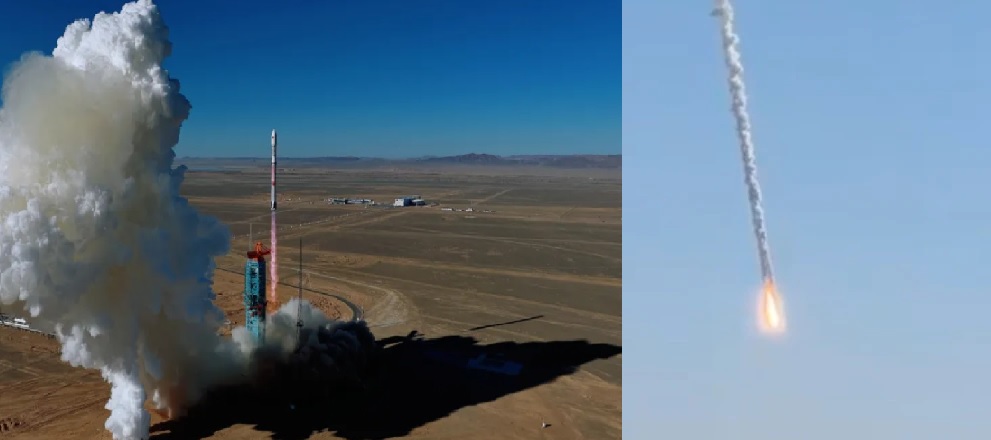India–Japan Chip Partnership Hits New High with Tokyo Electron

At Semicon India 2025, Tokyo Electron Limited (TEL), one of the world’s leading semiconductor equipment manufacturers, made a compelling declaration: India is poised to emerge as a global powerhouse in semiconductor manufacturing. Fumihiko “Ray” Kaminaga, Senior Vice President and General Manager of TEL, emphasized that India’s increasing domestic demand, robust talent ecosystem, and strong government support create “a great opportunity” for the company to deepen its long-term footprint in the country.
Strategic Expansion Across India
Kaminaga announced concrete plans for TEL’s expansion: establishing a major office in Bangalore, and setting up operations in Ahmedabad and the Dholera Special Investment Region (SIR) in Gujarat. These moves signal a comprehensive presence, positioning TEL close to India’s emerging semiconductor clusters, including Tata Electronics’ upcoming fab projects.
TEL is also supporting India’s packaging and testing ecosystem, with participation in large projects such as the ₹91,000 crore semiconductor fab in Dholera and the ₹27,000 crore advanced packaging facility in Assam.
Deepening Local Partnerships
To strengthen its role in India, TEL is working closely with Indian technology giants like HCL and Tata Consultancy Services (TCS). These collaborations aim to co-develop hardware and software solutions, integrate supply chains, and enable knowledge transfer and skill development.
This will not only create new job opportunities for Indian engineers but also enhance India’s ability to innovate and contribute to the global semiconductor value chain.
Political Momentum Fuels Industry Drive
The announcement comes against the backdrop of Prime Minister Narendra Modi’s visit to Japan for the 15th India–Japan Annual Summit, where he toured TEL’s advanced factory in Sendai with Japanese Prime Minister Shigeru Ishiba. The leaders visited the Production Innovation Lab and Training Rooms, reinforcing semiconductors as a strategic axis of India–Japan cooperation.
Modi underlined that semiconductors are a crucial pillar of the India–Japan partnership, noting India’s progress in chip research, design, and manufacturing, and highlighting the growing involvement of young engineers and innovators.
India’s Semiconductor Milestones
At the same event, India unveiled its first commercially manufactured chip, presented to Prime Minister Modi by IT Minister Ashwini Vaishnaw. This milestone symbolizes India’s tangible progress towards chip self-reliance, and Modi declared that even the smallest chip developed in India has the power to drive global change.
Why This Matters
TEL’s long-term commitment goes beyond foreign investment—it represents a strategic effort to strengthen India’s manufacturing capabilities, reduce dependence on imports, and integrate more deeply into the global semiconductor supply chain.
For Japan, building strong industrial ties with India helps diversify supply chains and secure partnerships with a trusted ally at a time when semiconductors are viewed as critical to economic security and technological leadership.
Tokyo Electron’s expansion—backed by political will, deep collaborations, and large-scale investment—positions the India–Japan partnership as a vital axis in the global semiconductor landscape. With manufacturing, human capital, and international cooperation aligning, India is on the cusp of transforming into a true semiconductor powerhouse in the years ahead.
✍️ This article is written by the team of The Defense News.






